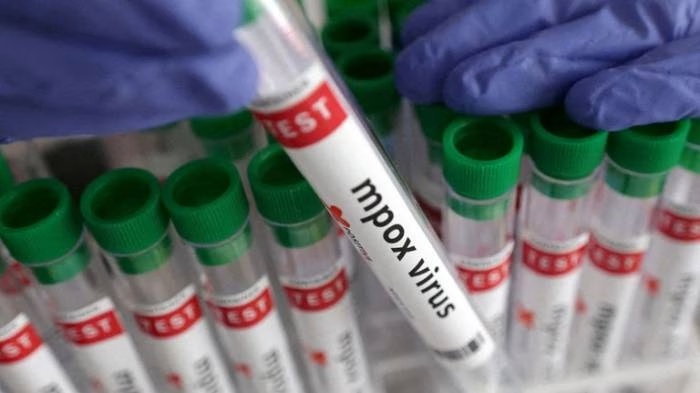UK Detects First Case of Mpox Clade 1b Linked to Africa Outbreak

- UK Confirms Mpox Clade 1b Case
- Africa-Linked Outbreak Reaches UK
- Health Officials Trace Close Contacts
A single case of mpox, formerly known as monkeypox, has been detected in the UK. The patient, who had recently traveled to Africa, developed flu-like symptoms on October 22 and a rash two days later. Laboratory testing confirmed the case as Clade 1b, a form of the virus that spreads more easily between people through close physical contact, including sex.
The World Health Organization declared mpox a global health emergency in the summer. Clade 1b has caused mounting concern due to its ease of transmission, unlike its close relative Clade 1a, which is mainly connected to exposure to infected animals or eating bush meat.
“This is the first time we have detected this clade of mpox in the UK, though other cases have been confirmed abroad,” said Prof Susan Hopkins, the chief medical adviser at the UK Health Security Agency (UKHSA). “The risk to the UK population remains low, and we are working rapidly to trace close contacts and reduce the risk of any potential spread.”
The infected patient is being treated at the Royal Free Hospital’s specialist high-consequence infectious diseases unit in London. The patient’s close contacts, fewer than 10 people, including housemates, are being traced.
In Africa, the Democratic Republic of Congo, Kenya, Burundi, and Rwanda have reported cases of Clade 1b mpox this year. Sweden, India, and Germany have also detected cases linked to travel to affected countries.
Health and Social Care Secretary Wes Streeting stated, “The government is working alongside UKHSA and the NHS to protect the public and prevent transmission. This includes securing vaccines and equipping healthcare professionals with the guidance and tools they need to respond to cases safely.”
This outbreak is distinct from the 2022 Clade II outbreak, which primarily affected gay, bisexual, and other men-who-have-sex-with-men. Those mpox infections continue to occur at low levels.






